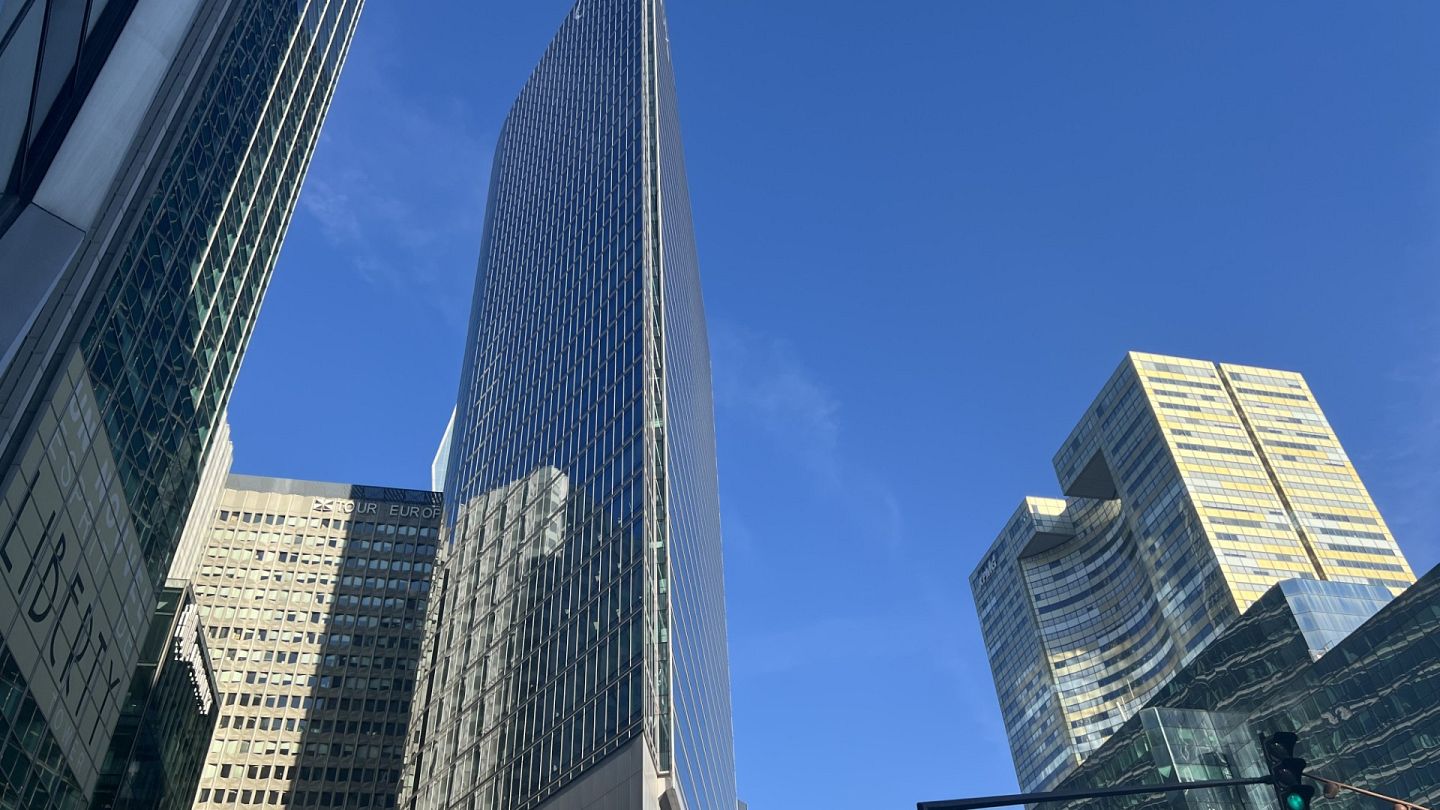European stock markets are set to jump as Trump delays his tariff plans.
European stock index futures jumped, indicating a higher opening in European markets following Wall Street's historic rally. However, analysts are questioning the sustainability of the recovery due to President Trump's unpredictable tariff policy changes.
According to futures prices, European markets will open sharply higher on Thursday. As of 5:40 AM Central European Time, the Euro Stoxx 50 was up 8.15%, Germany's DAX was up 7.8%, and the FTSE 100 was up 5.43%. This rise reflects the historic rally on Wall Street after U.S. President Donald Trump changed his course by suspending planned reciprocal tariff increases for 90 days and also raised the import tax on Chinese goods from 104% to 125%. Broader Asian markets also saw strong gains on Thursday. Japan's Nikkei 225 index rose 8.4%, South Korea's Kospi index rose 5.6%, Australia's ASX 200 index rose 4.7%, and China's Hang Seng index rose 1.6%. Investors experienced a temporary relief after a week of intense selling in global equities. However, given the unpredictability of Trump's tariff strategy and the ongoing escalation of the U.S.-China trade conflict, the sustainability of the rally remains in doubt. After Beijing announced it would impose a retaliatory tax of 84% on U.S. goods, Trump raised tariffs on China. In a statement on social media, Trump said, "Based on China's disrespect for the world markets, I am raising the tariff on China, as imposed by the United States, to 125% effective immediately." He also reiterated that China would eventually come to the negotiating table: "At some point, we will get a phone call, and everything will be fine." At the time of writing, China had not responded to the increased tariffs. Bloomberg reported that senior Chinese officials are expected to meet on Thursday to discuss further stimulus measures. Earlier in the day, China's National Bureau of Statistics reported that consumer prices fell by 0.1% year-on-year in March, marking a contraction for the second consecutive month and highlighting the ongoing sluggish domestic demand in the country.
Trump's tariff twists Just a day earlier, Trump had denied rumors of a pause in tariffs: "We're not looking at that." Hours before announcing the delay, he posted on Truth Social: "STAY CALM! Everything is going to be fine. The U.S. will be bigger and better than ever!" After the temporary suspension of new tariffs on more than 75 countries, Trump spoke to reporters at the White House: "I thought people were getting a bit out of line" and "They started to get a little excited, a little scared." U.S. stocks had their best single-day rally since the dot-com crash in 2001 on Wednesday. The tech-heavy Nasdaq rose more than 12%, a gain typically seen only during major crises like the 2008 Global Financial Crisis and the 2020 pandemic. The S&P 500 climbed about 9.5%, while the Dow Jones Industrial Average rose nearly 8%. In a statement at the White House on Wednesday, Trump said, "As you can see, we're having a good day in the stock market - an all-time record day - and I hope it continues." U.S. government bonds also rebounded after being heavily sold on Monday and Tuesday. The collapse in the bond market may have raised significant concerns in the Trump administration as investors may have had to liquidate their positions to offset stock losses while losing confidence in traditional safe-haven assets. Trump commented, "The bond market is very deceptive. I was watching. But if you look now, the bond market is very beautiful. But last night, I saw that people were a little uneasy." The yield on U.S. 30-year Treasury bonds had risen by nearly 70 basis points over the previous two sessions, reflecting rapidly deteriorating economic expectations. Kyle Rodda, a senior market analyst at Capital.com in Australia, stated, "The show isn't over yet. However, unless trade policy is completely rescinded, this is a good excuse for markets looking for signs that at least the U.S. is open to concessions and providing some policy certainty, to buy the dip and price a better scenario than the worst-case."


